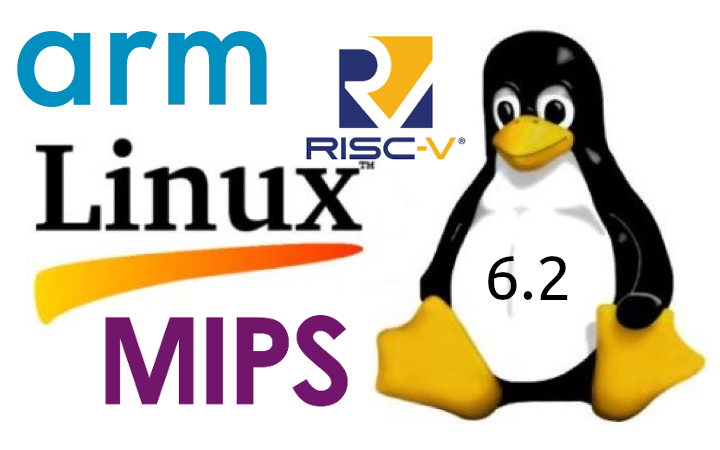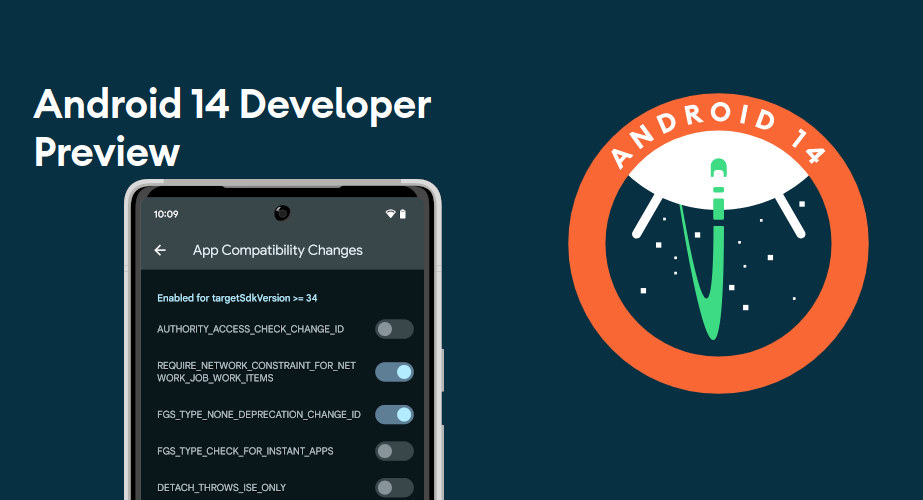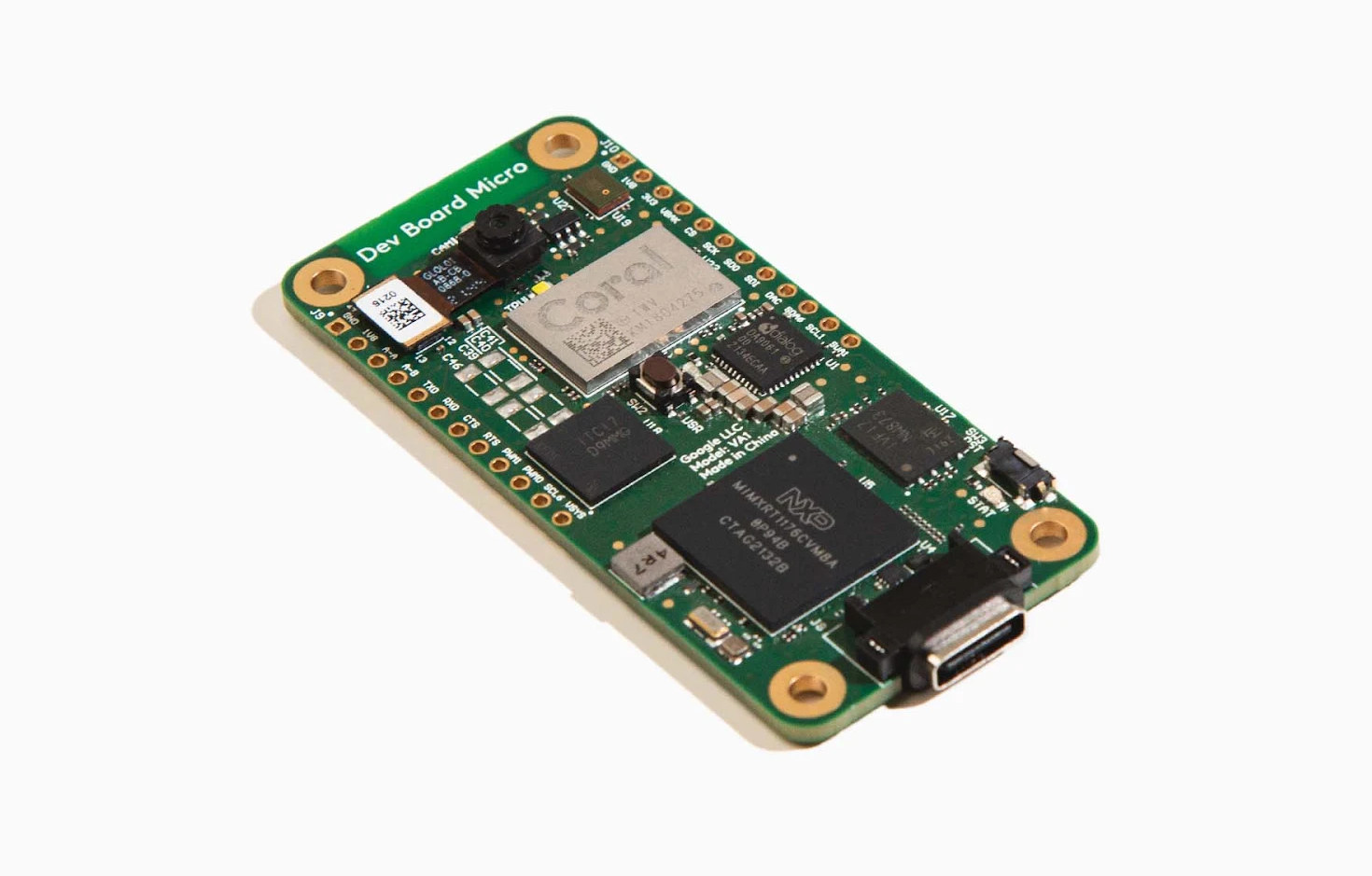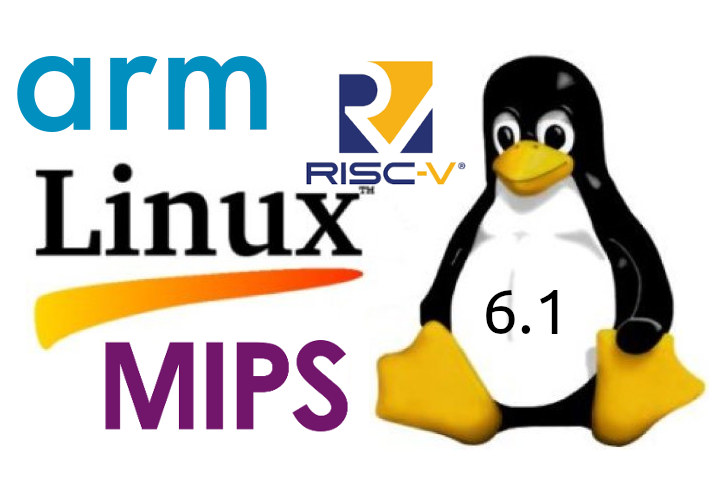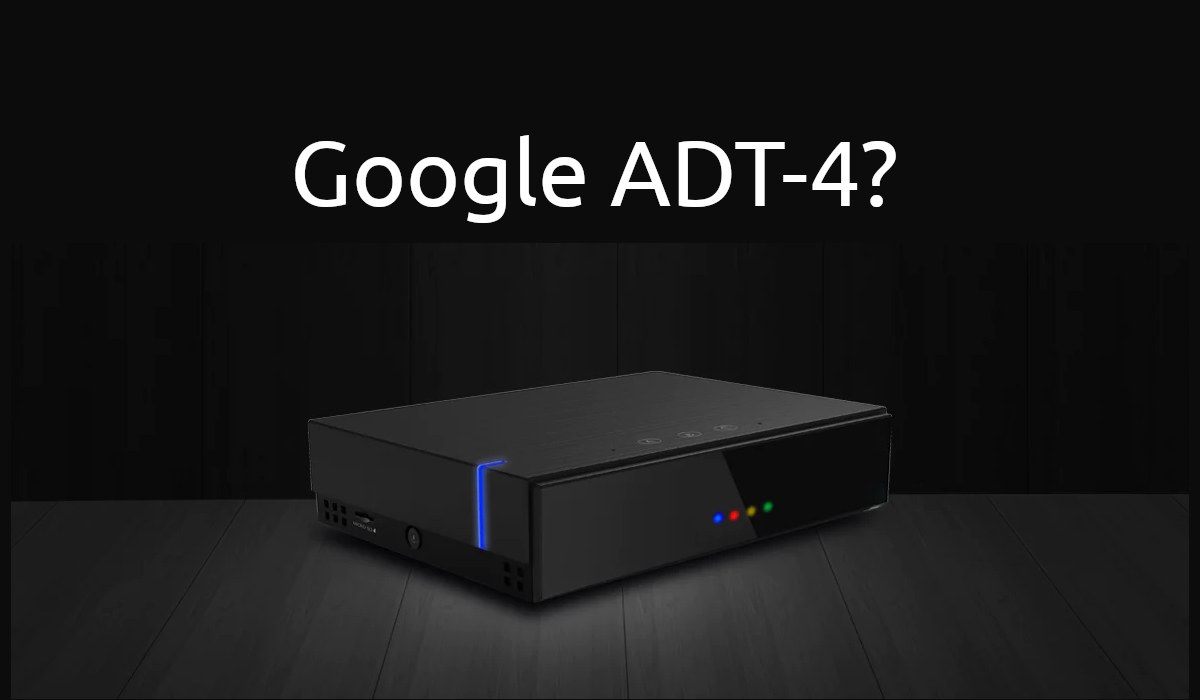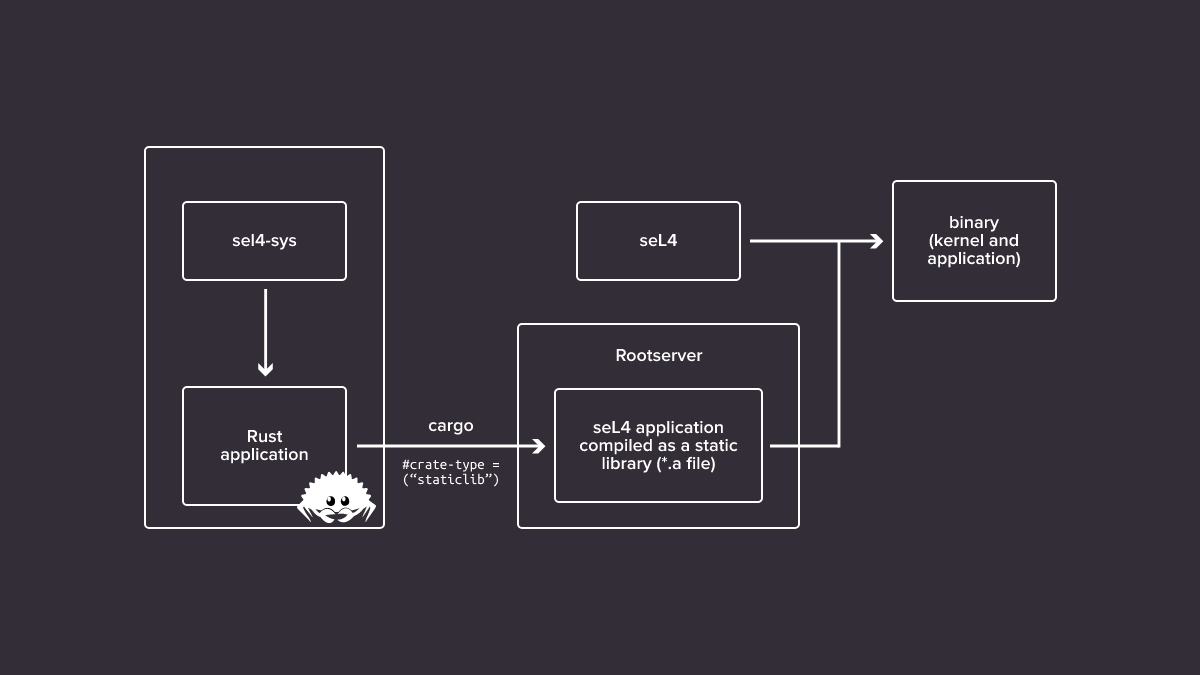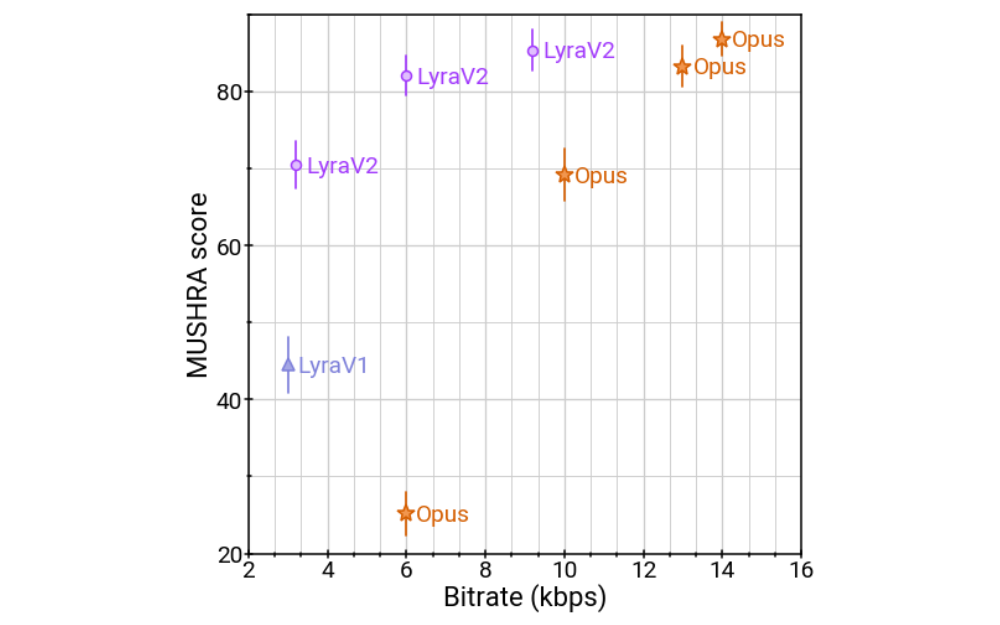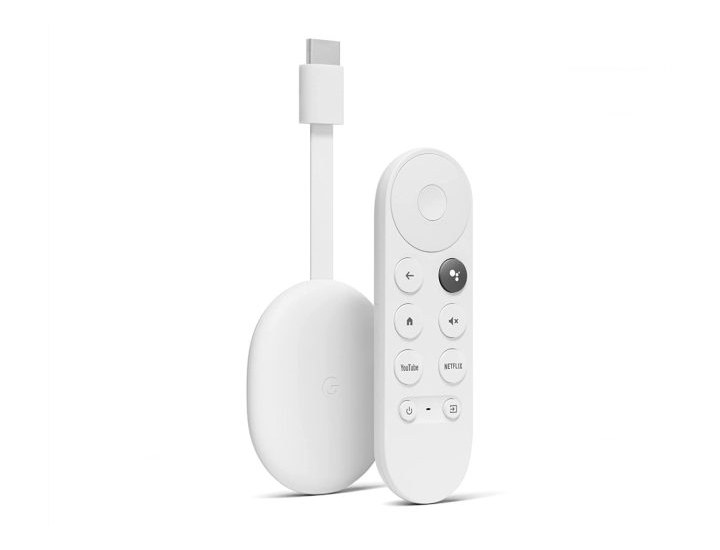Linux 6.2 has just been released with Linus Torvalds making the announcement on LKML as usual: So here we are, right on (the extended) schedule, with 6.2 out. Nothing unexpected happened last week, with just a random selection of small fixes spread all over, with nothing really standing out. The shortlog is tiny and appended below, you can scroll through it if you’re bored. Wed have a couple of small things that Thorsten was tracking on the regression side, but I wasn’t going to apply any last-minute patches that weren’t actively pushed by maintainers, so they will have to show up for stable. Nothing seemed even remotely worth trying to delay things for. And this obviously means that the 6.3 merge window will open tomorrow, and I already have 30+ pull requests queued up, which I really appreciate. I like how people have started to take the whole “ready for […]
Android 14 developer preview brings enhancements to performance, privacy, security, and user customization
Google has just released the first developer preview of Android 14 with productivity improvements for developers, as well as enhancements to performance, privacy, security, and user customization. Android 14 aims to work better across devices and form factors with improved support for tablets and foldables and adds window size classes, sliding pane layout, Activity embedding, and box with constraints, etc… To help developers, the company also published “Get started with large screens” documentation and released a Cross-device SDK preview. The new version of the mobile operating systems also further streamlines background work to optimize system health and battery life and provide a better end-user experience. This is achieved through updates to JobScheduler and Foreground Services, optimized broadcasts most of which are internal to Android 14, and a new “Exact alarms” permission since it consumes more resources. Android 14 also introduced some user-facing changes with bigger fonts up to 200% with […]
Coral Dev Board Micro combines NXP i.MX RT1176 MCU with Edge TPU in Pi Zero form factor
Coral Dev Board Micro is the latest iteration of Google’s Edge AI devkit with an NXP i.MX RT1176 Cortex-M7/M4 crossover processor/microcontroller coupled with the company’s 4 TOPS Edge TPU, a camera, and a microphone in a board that’s about the size of a Raspberry Pi Zero SBC. The new board follows the original NXP i.MX 8M-based Coral Dev board that was introduced in 2019, and Coral Dev Board mini based on MediaTek MT8167S processor launched in 2020, and keeps with the trend of providing more compact solutions with lower-end host processors for edge AI. Coral Dev Board Micro specifications: MCU – NXP i.MX RT1176 processor with an Arm Cortex-M7 core @ up to 1 GHz, Cortex-M4 core up to 400 MHz, 2MB internal SRAM, 2D graphics accelerators; System Memory – 512 Mbit (64 MB) RAM Storage – 1 Gbit (128 MB) flash memory ML accelerator – Coral Edge TPU coprocessor […]
Linux 6.1 LTS release – Main changes, Arm, RISC-V and MIPS architectures
Linus Torvalds announced the release of Linux 6.1, likely to be an LTS kernel, last Sunday: So here we are, a week late, but last week was nice and slow, and I’m much happier about the state of 6.1 than I was a couple of weeks ago when things didn’t seem to be slowing down. Of course, that means that now we have the merge window from hell, just before the holidays, with me having some pre-holiday travel coming up too. So while delaying things for a week was the right thing to do, it does make the timing for the 6.2 merge window awkward. That said, I’m happy to report that people seem to have taken that to heart, and I already have two dozen pull requests pending for tomorrow in my inbox. And hopefully I’ll get another batch overnight, so that I can try to really get as […]
Google ADT-4 could be a hybrid Android TV developer Kit with ATSC 3.0 and DVB-S2 TV tuners
Google is allegedly about to release the ADT-4 hybrid developer kit for Android TV based on Amlogic S905X4 processor with AV1 video support, as well as ATSC 3.0 and DVB-S2 tuners. Launched in January 2020, the Google ADT-3 developer box allows developers to test their app on the latest version of the Android TV OS as soon as it is released. But 9to5Google reports the devkit has been out of stock for several months, will be deprecated, and they’ve read some documentation about an ADT-4 Hybrid Developer Kit that should replace it by the end of the year or early next year with digital TV tuners. The documentation is private/confidential, but 9to5Google says the device looks to the DroidLogic’s Amlogic S905X4 Developer Box with the following specifications: SoC – Amlogic S905X4 quad-core Cortex-A55 processor @ 2.0 GHz with Arm Mali-G31 MP2 GPU System Memory – 2GB DDR4 Storage – 16GB […]
Google KataOS – A secure OS for embedded systems written in Rust (mostly)
Google Research has been working on its own Rust-based operating system called KataOS and designed to secure embedded systems that run Machine Learning (ML) applications. There has been a lot of talk about the Rust programming language in recent times, since it offers about the same level of performance as C programming but helps programmers write more secure code with built-in prevention against buffer overflows for instance. It has gained a lot of traction over the years, and Linux 6.1 will be the first kernel release to include Rust code. Google Research noticed that system security is often treated as a feature that can be added to existing systems either by software or an extra security chip. But in a world, where more and more of our private data is exposed to the world through the Internet, it is not good enough, so the company developed KataOS open-source, secure operating […]
Lyra V2 open-source audio codec gets faster, higher quality and compatible with more platforms
Lyra V2 is an update to the open-source Lyra audio codec introduced last year by Google, with a new architecture that offers scalable bitrate capabilities, better performance, higher quality audio, and works on more platforms. Under the hood, Lyra V2 is based on an end-to-end neural audio codec called SoundStream with a “residual vector quantizer” (RVQ) sitting before and after the transmission channel, and that can change the audio bitrate at any time by selecting the number of quantizers to use. Three bitrates are supported: 3.2 kps, 6 kbps, and 9.2 kbps. Lyra V2 leverages artificial intelligence, and a TensorFlow Lite model enables it to run on Android phones, Linux, as well as Mac and Windows although support for the latter two is experimental. iOS and other embedded platforms are not supported at this time, but this may change in the future. It gets more interesting once we start to […]
Chromecast with Google TV (HD) features Amlogic S805X2 CPU with AV1 video support
Google has launched the new Chromecast with Google TV (HD) powered by an Amlogic S805X2 quad-core Cortex-A35 CPU that offers a cheaper alternative to the Chromecast with Google TV (4K) that is limited to 1080p60 resolution, instead of the 4Kp60 video output supported by the Amlogic S905X3 model. While the processor is slower, the system comes with less memory (1.5GB vs 2GB), and only supports 1080p60, it supports the more efficient AV1 video decoding and as well as A/B partitions for seamless updates since the firmware does not need to be downloaded to the internal storage before the Chromecast with Google TV (HD) specifications: SoC – Amlogic S805X2 quad-core Cortex-A35 processor with Mali-G31 MP2 GPU, 1080p60 H.265, H.264, VP9, AV1 video decoder System Memory – 1.5GB RAM Storage – 8GB eMMC flash with support for “virtual A/B updates with compression“ Video output – HDMI up to 1080p60 with HDR support […]


